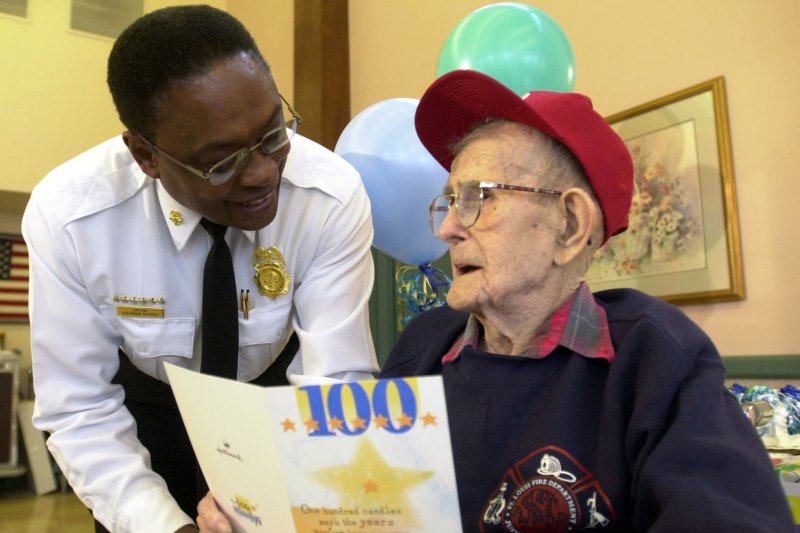DURHAM, N.H., Feb. 20 (UPI) -- Most people form their fondest memories before the age of 25, psychologists at the University of New Hampshire say.
“When people look back over their lives and recount their most important memories," explained Kristina Steiner, a doctoral student in psychology at UNH and the study’s lead researcher, "most divide their life stories into chapters defined by important moments that are universal for many: a physical move, attending college, a first job, marriage, military experience, and having children."















